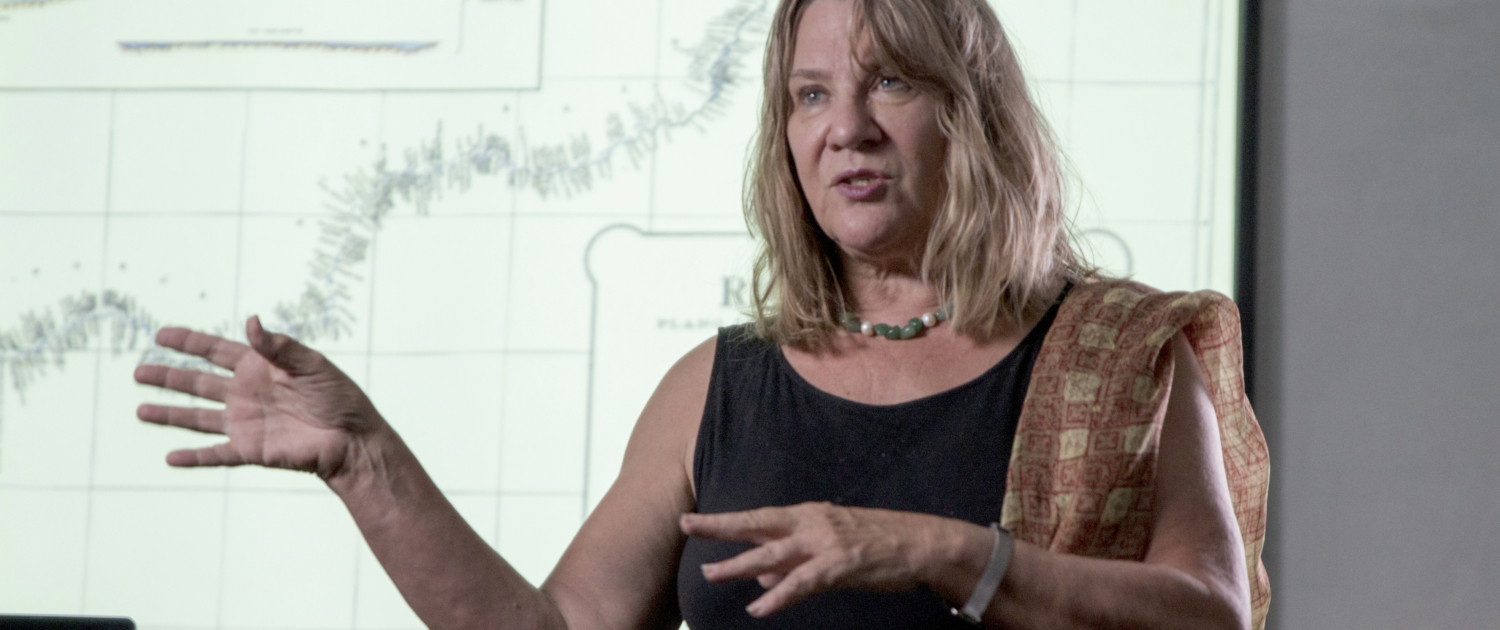Several research centers based outside of UCLA Luskin are led by one of our faculty. Here are two examples, both of which changed directors in the summer of 2021. The first involves a newly hired faculty member, and the other is a longtime professor who has taken on a new responsibility.
Veronica Terriquez Ph.D. sociology ’09, hired into the position of director of UCLA’s Chicano Studies Research Center and as an associate professor of urban planning and Chicana/o Studies
Tell us about yourself, the center and your first year as its director.
I’m a proud daughter of Mexican immigrants with 100-year roots in the L.A. area. I really believe that higher education is an important tool for addressing issues of equity and inclusion.
We are doing a lot that is addressing the needs of young people as they seek to recover from the COVID-19 pandemic and the racial injustices that they have experienced in recent years. I’m leading some projects that focus on that, take a participatory action research approach to understanding the needs of young people, which includes meetings with adolescents and young adults — high school through their 20s.
A lot of people have suffered during this pandemic, but young people, particularly those in low-income communities, have encountered multiple setbacks to their healthy and successful transitions to adulthood. And part of what I want to do is figure out exactly what is going on so the research can inform local and state investments in young people.
I’m also developing work to support ethnic studies implementation at the high school level. I’m hoping that the Chicano Studies Research Center could serve as an additional resource for supporting efforts by educators across the state to bring quality ethnic studies to the classroom and to train the next generation of teachers.
What lies ahead?
I hope that there will be more targeted and quality investments in the lives of young people who are most impacted by social inequalities. And, if those investments are made in the long term, we will see reduced economic and social inequalities in the state of California and beyond.

Professor Susanna Hecht is director of the Center for Brazilian Studies at UCLA.
Susanna Hecht, professor of urban planning, a specialist on tropical development in Latin America who has affiliations in Geography and the Institute of the Environment and Sustainability at UCLA
Please talk about your new role.
I am delighted to be the director of the Center for Brazilian Studies. First, because Brazil is so amazing, and it has been a major site of rethinking so many paradigms about development. Brazil has been an engine of products, concepts and practices that have really changed how people look at things.
It’s reshaped how we think about conservation.
Now everyone listens to Brazilian music, has seen Brazilian movies, likes to eat açai bowls and other Brazilian food, and has at least heard of Amazonia. It’s not quite as exotic, although it still maintains the allure of the beaches — its beauty and its beauties!
When and why was this center created?
Area studies, in general, are an outcome of the Cold War. The isolation of different forms of knowledge across academia made it difficult for understanding of localities through a number of dimensions, including their languages and literatures, their histories, their anthropologies, and their sociology, politics and geography. The geopolitics of the time and the extensive intervention of the U.S. as a novel political power brought a need for consolidation of forms of knowledge in the training of students and fostering interaction between scholars of different kinds.
These sites also became important areas of critique of American policy and politics in the developing areas that they encompassed.
Brazil’s new constitution was written in 1988 and it became a template for constitutions in Latin America. It recognized indigenous rights and Afro-descendent land rights, and it paid attention to the new array of environmental questions.
So much of Latin America is in the tropics, which are seeing deforestation and many extraordinarily important consequences of climate change, including species extinction and changes to livelihoods, both urban and rural.
Area studies, generally, are useful venues for thinking globally. And in places like Los Angeles, which has become more international in its population — and its arts, music, foods and livelihoods — area studies centers have been venues for rethinking the relationship of Los Angeles and the world.
As time went on, large centers like the Latin American Institute realized that its regions were very distinctive, and each needed its own arena of study. This was certainly true of the Brazil Center.

